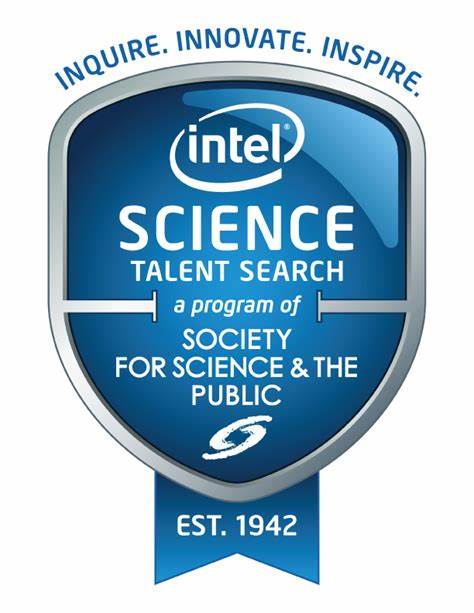I’m Steve Ember with the VOA Special English Education Report.
An eighteen-year-old high school student from Utah has won the top prize in the Intel Science Talent Search in the United States. The winners receive a computer and money for a college education.
More than one thousand five hundred students from across the country entered projects in the competition this year. Their research involved chemistry, medicine, physics, mathematics, engineering, computer science — almost every area of science.
Forty students were invited to Washington, D.C., for the final judging. A group of scientists judged them on their research abilities, critical thinking skills and creativity. The judges also questioned the students about scientific problems before deciding on the winners.
The top winner receives one hundred thousand dollars for college. Shannon Babb of American Fork High School studied the water quality of the Spanish Fork River in Utah for six years.
She found that people have a harmful effect on the river through human activity, including agriculture. And she suggested ways to improve the water quality in the future. These include educating the public not to put household chemicals down storm drains, which lead to the river.
Seventeen-year-old Yi Sun of the Harker School in San Jose, California, earned second place. He won a seventy-five thousand dollar scholarship for new discoveries about a mathematical theory known as random walks. His work could help computer scientists and chemists. Yi Sun was born in China.
The third-place winner was also seventeen and born in China. Yuan “Chelsea” Zhang of Montgomery Blair High School in Rockville, Maryland, won a fifty thousand dollar scholarship. She researched the molecular genetics of heart disease. Her findings could aid the development of new medicines.
The Intel Science Talent Search is the oldest science competition for high school students in the United States. It is sixty-five years old this year. Past winners have gone on to receive six Nobel prizes and other top honors in science and math.
This VOA Special English Education Report was written by Nancy Steinbach. Read and listen to our reports at WWW.VOA-STORY.COM. If you have a question about the American education system, send it to special@voanews.com. We cannot answer mail personally, but we might be able to answer your question on our program. I’m Steve Ember.
